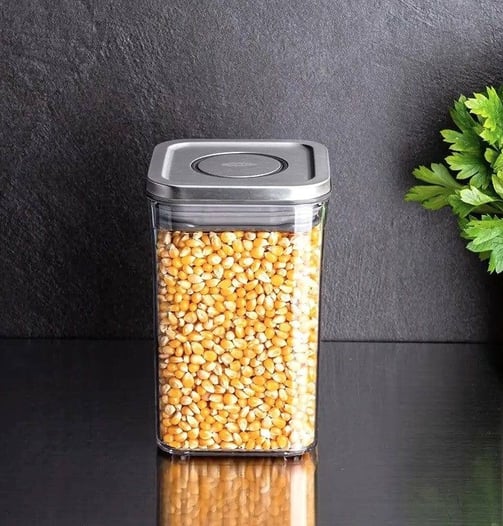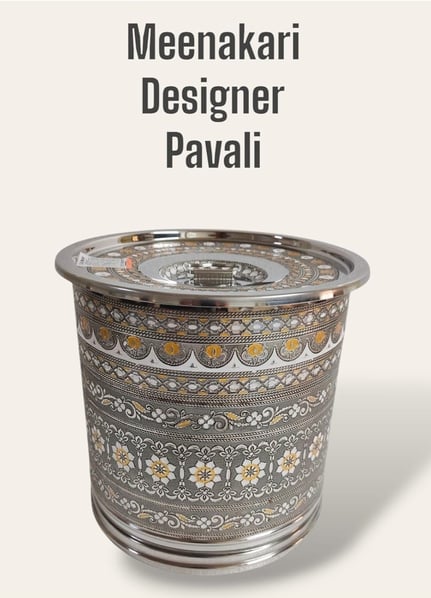Top 10 Grain Storage Container Options for Long-Term Use
Introducing the importance of using proper grain storage containers, showcase a variety of containers available on the market, comparing different features and materials, provide pros and cons for each option, and offering recommendations based on specific storage needs.


IMPORTANCE OF GRAIN STORAGE IN HOUSEHOLDS
Grain storage is crucial for households, as it ensures a steady supply of essential grains for consumption throughout the year. By procuring the right amount of grain during the optimal season, families can avoid the pitfalls of seasonal shortages and fluctuating prices.
Additionally, having a dedicated storage means that households can take advantage of bulk purchasing opportunities, allowing them to buy grains at lower prices when they are plentiful. This smart management not only contributes to food security but also enables families to save money in the long run.
Furthermore, effective grain storage minimizes waste and spoilage, ensuring that every purchased grain contributes to nutrition and sustenance. In essence, investing in proper grain storage is a wise strategy that benefits both the pocket and the pantry.




